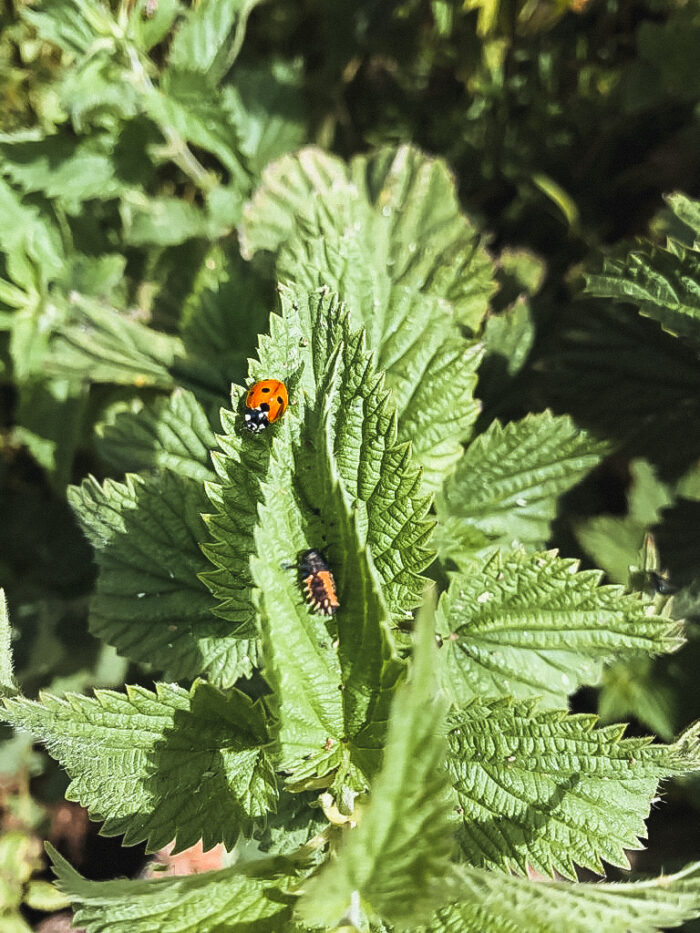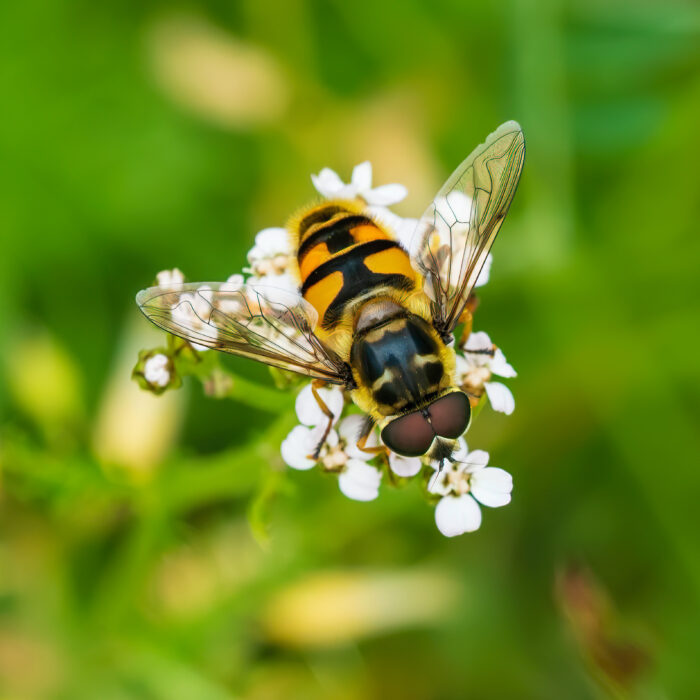Weeds and why they aren’t the enemy
Weeds and why they aren’t the enemy –
Weeds are normally a plant we like to strip from the garden, often appear without our permission and we see them as a pest. However, weeds are not the enemy. At Combe Grove we cherish them. There are dandelions in the lawn, Herb Robert sprouting amongst the foliage, nettles (Keep your eyes peeled for our nettle soup recipe) and other native wildflowers evolving alongside the native fauna we have planted. Weeds can grow in the harshest of conditions and often are seen peeking themselves out of cracks in concrete pavements. The world of horticulture, botany and conservation speak beneficially of weeds, and this post states why we should keep them in our gardens.
Weeds create a micro ecosystem. Weeds are vital in protecting and restoring soils, whilst also providing habitat for other organisms, providing food for native insects and animals, form nesting sites, and can be used as a form of fodder. That being said, some weeds are not native and can have detrimental effects on both native flora and fauna. We recommend using a guide such as ‘Wild about Weeds: Garden Design with Rebel Plants’ to truly develop your knowledge about how you can use weeds to your advantage within gardening.
Lawn weeds are exceptional providers for pollinators, providing pollen early in the season when many other native species have not yet blossomed. White clover, red clover and dandelions are ideal for a variety of bee species. While milkweed attracts many large butterflies and lawns with weeds can provide seed for bird species.
Nettles are prime egg-laying grounds for ladybirds. Ladybirds are also beneficial to gardens as adults and their larvae feed on aphids, whitefly and other pests which cause havoc for other plants species and vegetable growth. Ladybirds act as a gardener’s best friend creating a natural pesticide for your plants.


With maintenance, weeds hold topsoil which allows for better drainage into the land. Topsoil contains nutrients which plants need to survive. Some maintenance is needed and at Combe Grove we pull up some weeds, by hand, as we have a no dig policy. By using the no dig movement, pioneered by Charles Dowding, the nutrients that the weeds have passed into the topsoil is not be disturbed. In turn allowing drainage and aeration of the soil.
Some of the best weeds for pollination:
- Dandelion (Taraxacum officinale)
- Greater Knapweed (Centaurea scabiosa)
- White Clover (Trifolium repens)
- Buttercups (Ranunculus)
- Chickweed (Stellaria media)
Follow us on Instagram and Facebook to hear about new journal posts and updates on Combe Grove.